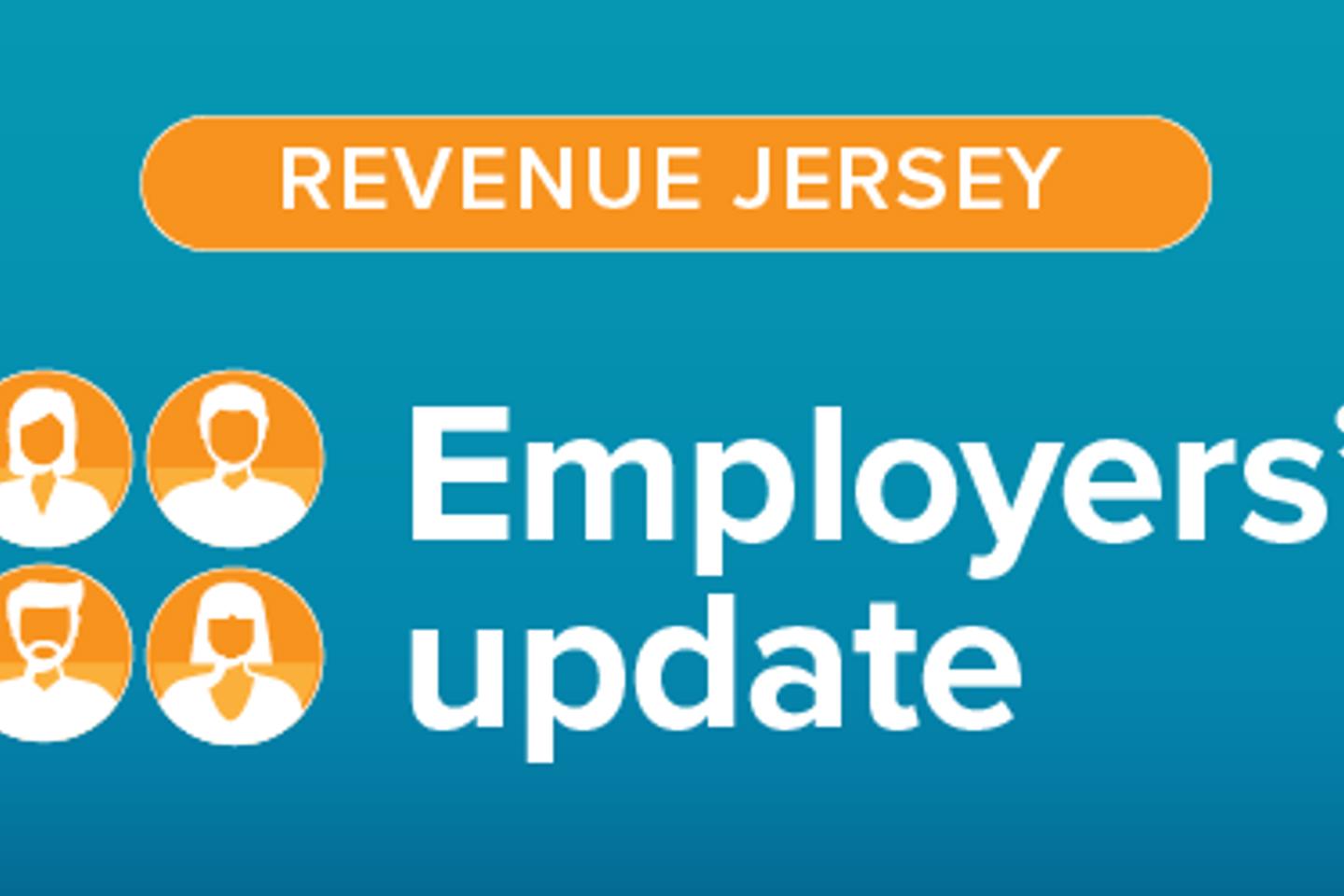
News
Jersey Tax Reform 2020
Tuesday 08 Dec 2020
Proposed changes
For many tax payers in Jersey, their tax liability has historically been assessed on a prior year basis. What this means is that in any given year the tax payments made by an individual relate to the previous year’s tax bill. As a result, when that individual retires and ceases to have any employment income, they still have a liability to taxation in respect of their final year of employment, which will be payable in the year following retirement.
In order to start addressing this issue the Government of Jersey introduced a new system in 2006 so that any persons who started paying tax in 2006 made payments in the actual year that the tax was due in respect of that liability, with only the balance due (if any) being payable in the following calendar year. As a result, these taxpayers should have a much lower amount to pay in the year following retirement than the prior year taxpayers as detailed in the paragraph above.
As a result of this change the Island has had two groups of taxpayers paying tax on a different basis and on the on 4 November 2020, the States Assembly agreed to move all Prior Year Basis (PYB) taxpayers to a Current Year Basis (CYB) of paying taxes. Following this change all taxpayers will be paying taxes on the same basis.
What does this mean for PYB taxpayers?
The most immediate effect is that payments that have been made in 2020 which were originally to cover the 2019 tax bill, will instead be used to pay the 2020 tax bill.
The 2019 tax bill will be frozen but will not be written off. Instead it will be payable in the future, although the means of payment have not yet been agreed by the Government (more on this later).
For those taxpayers who pay their tax in two 'payments on account' through the year rather than by the Income Tax Instalment Scheme (ITIS) they do not need to pay the balance of their 2019 bill in November but can if they wish to do so. These taxpayers will next need to make a payment by 31 May 2021.
What happens to the frozen 2019 tax liability?
As stated above, the 2019 liability will not be written off and will eventually have to be paid. However, the current intention of the Government is that there will be nothing to pay until 2025. The proposals for exactly how the payments will work are due to be debated by the States Assembly early in 2021 and once these have been finalised, we will update this briefing note.
Currently, the proposal is to give taxpayers two payment options as detailed below with the choice of which option chosen by an individual not needing to be made before 2022 at the earliest. However, from February 2021 individuals will have the option to make a lump sum payment to clear their 2019 liability if they wish.
Payment Option A
Payment by 2042 using a 20-year Payment Plan. The plan will start in 2022, but payments won’t actually have to start being made until 2025.
Regular payments would then be required until 2042 or earlier at the taxpayers option.
Payment Option B
Payment when the tax payer reaches States Pension Age using their own existing financial arrangements or putting new arrangements in place. The tax payer would be asked to provide evidence of the arrangements they have in place and the payment would be due within 12 months of the taxpayer reaching States Pension Age.
What happens in the future?
For those taxpayers who pay their tax in two 'payments on account' the next payment they make will be May 2021 and this payment will be in respect of the 2020 liability.
Any balance in respect of 2020 will then need to be paid in full by 30 November 2021. At the same time, in November 2021 taxpayers will need to make a payment on account in respect of their 2021 tax assessment. This payment on account will be set at 40% or 50% of the taxpayers most recently assessed liability. A second payment on account in respect of 2021 will then be required in May 2022 with any balance due being payable in November 2022. The cycle would then recommence in respect of the 2022 assessment.




